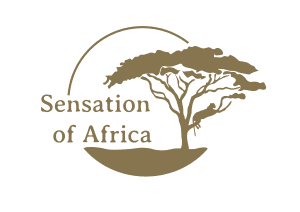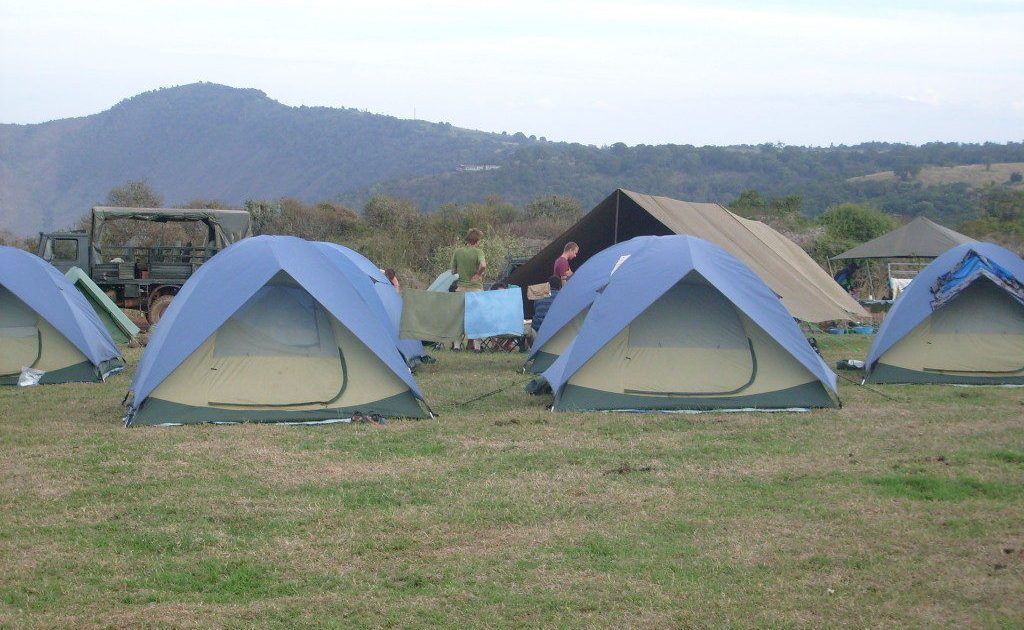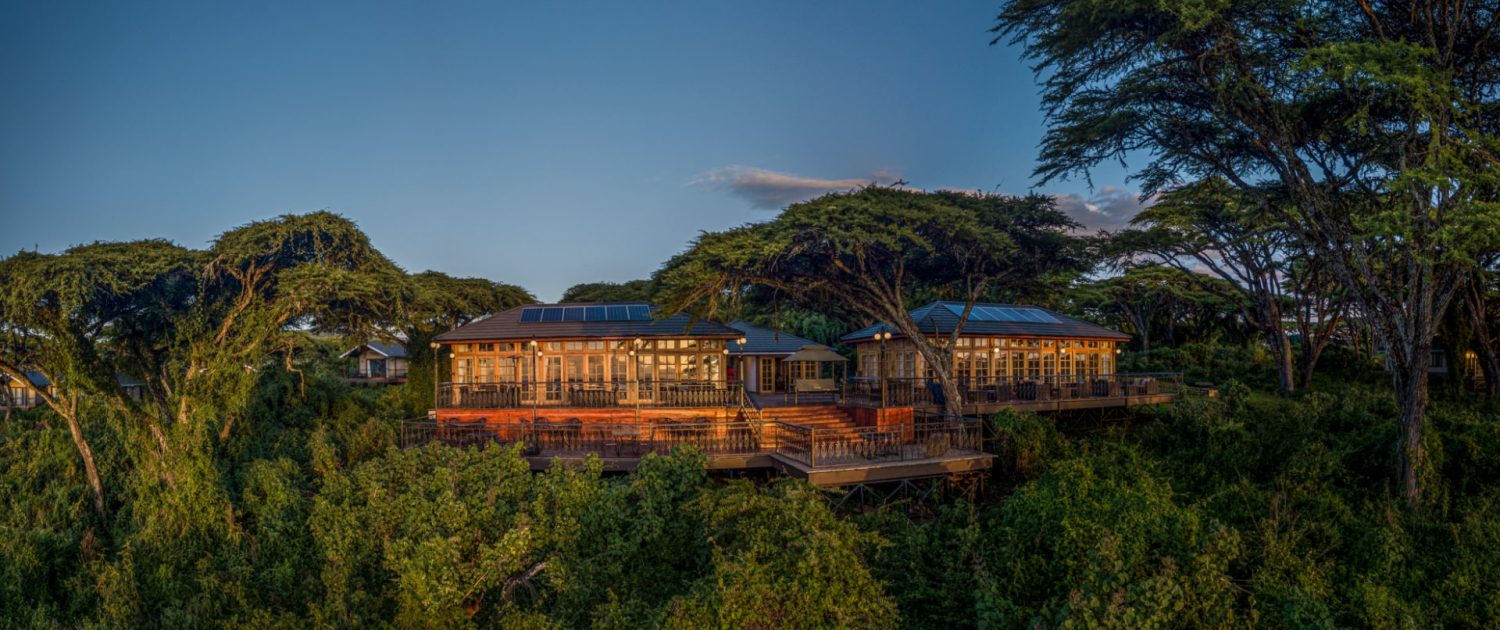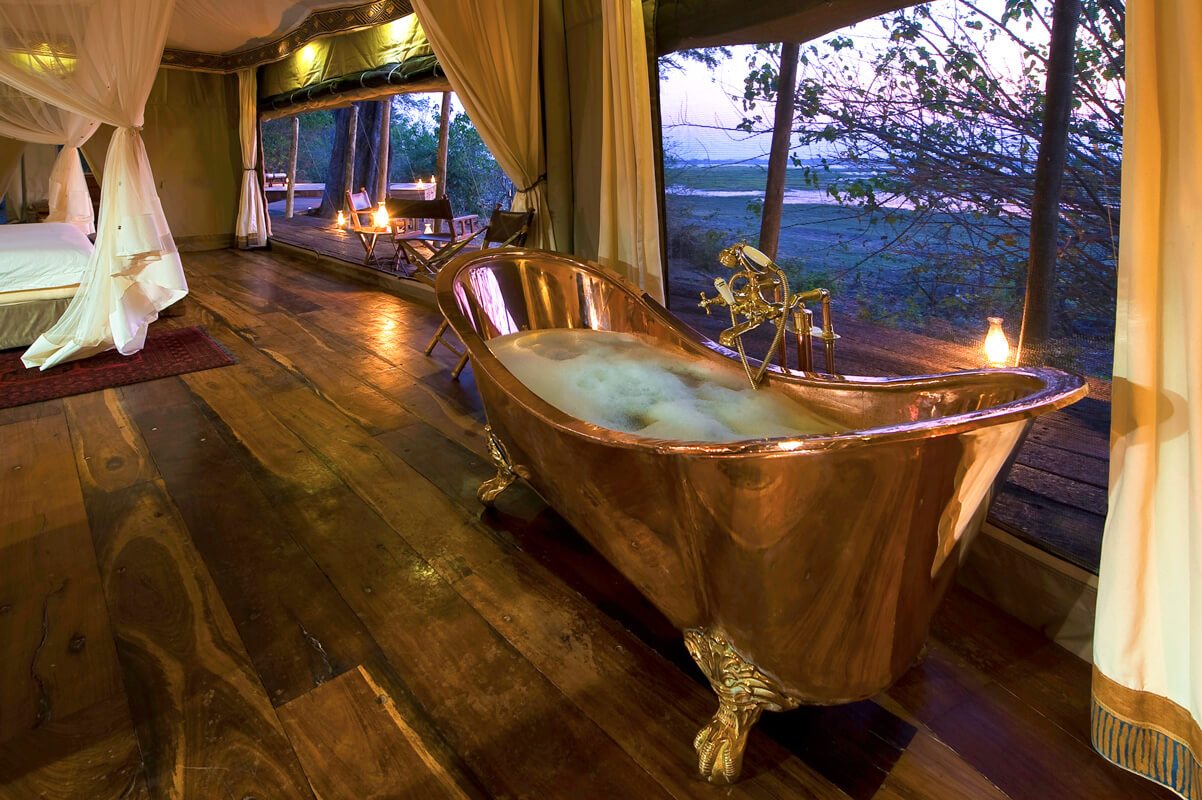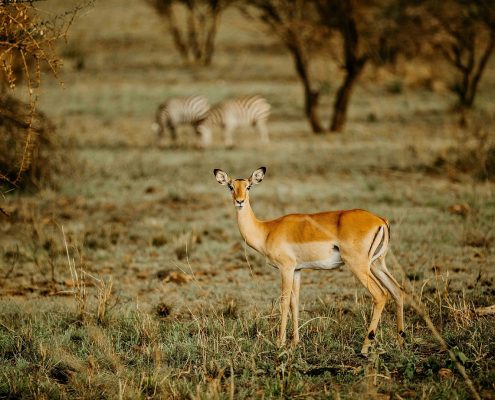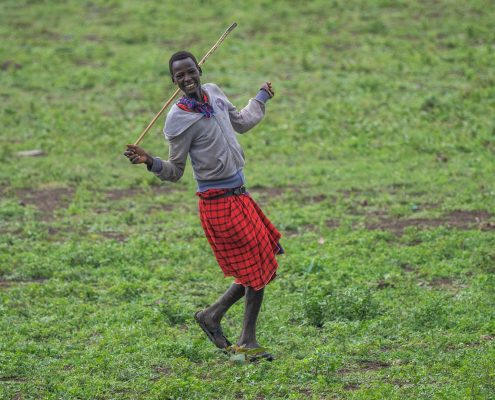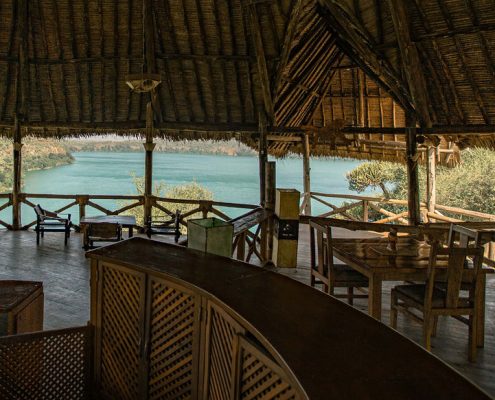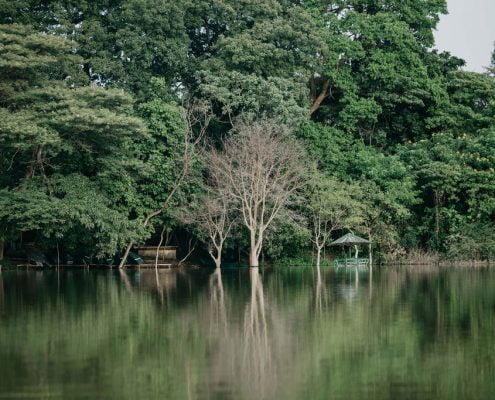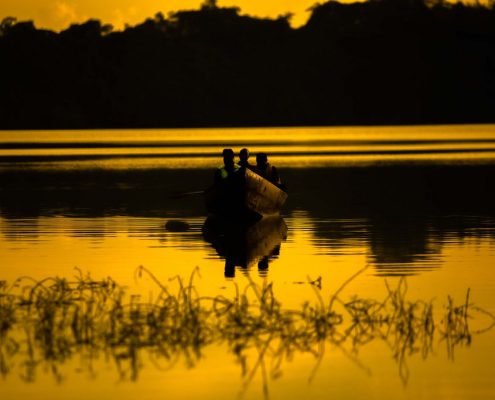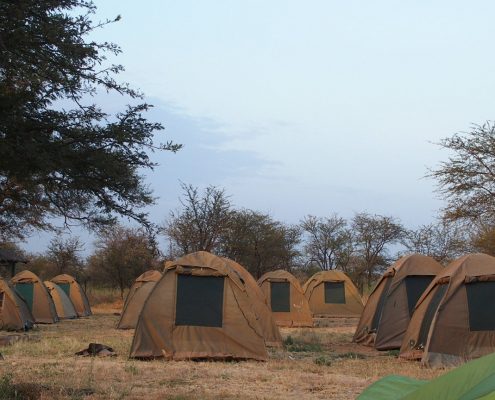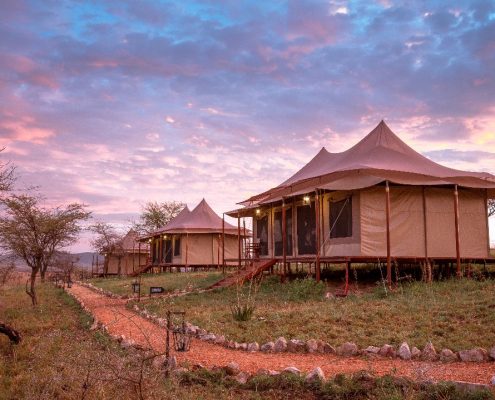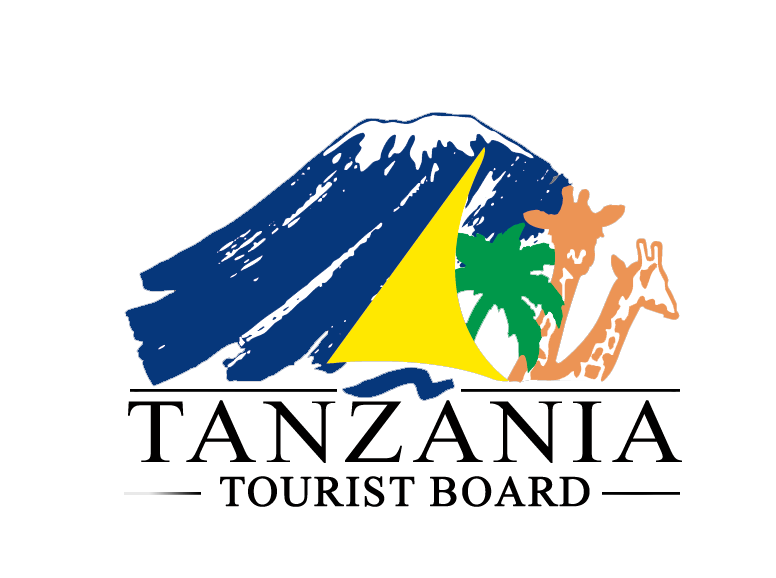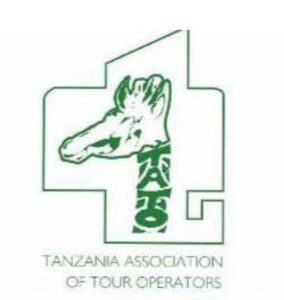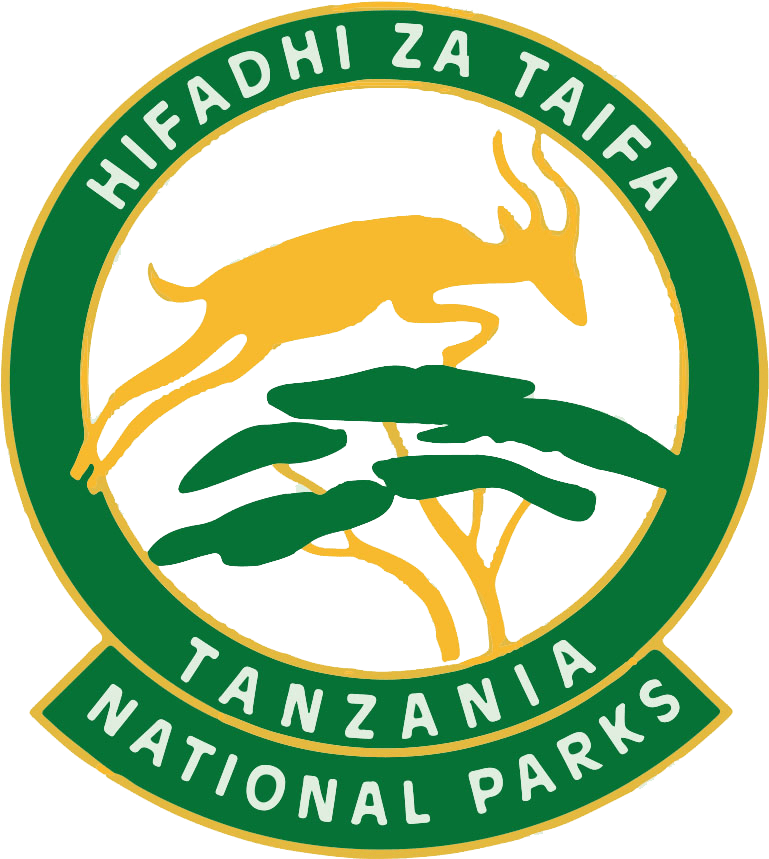One of the most frequent questions that people ask us is:
How much can a safari cost?
Safari prices are difficult to find on the internet, and once you find them it is difficult to compare them from one site to another.
A safari in East Africa can vary greatly in price. The cheapest safari is the “Camping Safari” mode where you will sleep in tents within the national parks; This can cost from $ 200.00 per person per night (the average is $ 280.00 per person per night).
We also offer ‘Mid-range Safaris'(“Lodge Safari” & “Hotel Safari”) where you will stay in comfortable accommodations and this starts from $ 300.00 to $ 480.00 per person per night.
A luxury safari (“Luxury high-end Safari”, ) is offered from $ 512 per person per night.
Other costs to consider are items of personal choice such as alcoholic beverages or cigarettes, tips for workers, or other things not included as indicated in each itinerary.
Economic Safari (Camping Safari)
Accommodation with tents in a camping area within the national parks.
Included are 3 meals a day (breakfast, lunch and dinner) provided by our chefs, served at the table or in take-out format and eat in picnic areas depending on the itinerary.
At all times our guides will be close by and the camp is always protected by a ranger.
“An experience you will never forget”
Mid-range Safari (Tented Camp Safari, Lodge or Hotel Safari)
Mid-range accommodation can range from basic camp-like accommodations with tents and tents with a slight touch of luxury, to cabins or hotels.
Food is offered in buffet or à la carte. Indian or African dishes are served and always delicious fresh fruit from the land.
“Comfort in the middle of nature”
Luxury safari
High-end and exclusive accommodations, from luxury tent camps with first-class amenities to hotels with a private lounge, private pool, and hot tubs; butler service can also be provided.
SAFARI PRICES WITH SENSATION OF AFRICA
From Sensation of Africa , we explain exactly why you are paying and the different factors that influence the cost of your safari.
Includes
- Arrival and return transportation to the country: airport pick-up and drop-off.
- Transportation during excursions and activities: pick up and drop off at the accommodation.
- 3 meals a day (breakfast, lunch and dinner).
- Accommodation.
- Sack and tents in the “Camping Safaris” option.
- National park fees (individual, transit and overnight).
- Displacements between parks and tours within the park (“game drive”).
- 1.5 liters of bottled mineral water per person per day.
- Safari guide and the cook.
Excludes
- International and local flights.
- Soft drinks or alcoholic beverages.
- Cigarettes
- Personal hygiene items.
- Medical care in outpatient clinics or hospitals, travel medical insurance.
- Trip cancellation insurance / trip insurance.
Optional activities to book apart fom the safari
- Optional activities during the safari: walking safari in Arusha or Tarangire national park, canoe safari in Arusha national park, balloon safari in Serengeti or Tarangire national park, visit to the Maasai tribe or Olduvai Gorge in the Ngorongoro National Park, visit the Datoga and Hadzabe tribes at Lake Eyasi.
- Excursions.
- Trekkings.
- Cultural activities.
- Holidays in Zanzibar.
And to better understand the variability of prices between safaris, here are the most important aspects to take into account:
- Type of accommodation and quality level (hotel, lodge, camps, campsites …)
- Means of transport to access the parks (off-road vehicle, plane …)
- Expenses are derived from the 4 × 4 vehicles designed for safari (it depends on the number of people who share a vehicle, expenses are shared between 2 and 6 people).
- Individual entrance and overnight fees to national parks *
- Traffic fees inside the parks for each vehicle *
* Variable rates from one park to another according to the official annual government amendment
- Government taxes
- A living wage for our guides and cooks
- Benefit for Sensation of Africa to be able to exist and pay government taxes.
- Costs for optional activities (balloon safari, visit Maasai-Datoga-Hadzabe, the Olduvai Gorge …)
- The season (influences the price of accommodation and price of flights):
The Sensation of Africa company contributes 10% of the profit to charitable foundations to facilitate access to education for the most disadvantaged children.
Many of our Sensation of Africa clients tell us what their budget is and the details of the safari they want to do, this is always a good start. After specifying these details and a brief explanation of what the expectations and objectives of the trip are, we will advise you to choose a safari itinerary, a vacation package or we will help you customize your safari.
Check out all the options.
When to visit Tanzania
High season
- From June to September
- It is the Dry season.
- Higher rates.
- Great Migration river crossing, Northern Serengeti(Kogatende)
- Climate: dry and warm.
Suggested Itineraries
Mid Season
- From October to February.
- It is the Short rainy season.
- Average rates.
- January to February Great Migration is around Ndutu Area for Calving season.
- Climate: sunny days with light showers.
Suggested Itineraries
Low season
- From March to May
- Rainy season.
- Lower rates.
- Great Migration, Southern to Central Serengeti (Seronera)
- Climate: warm, occasionally humid, long rains.
